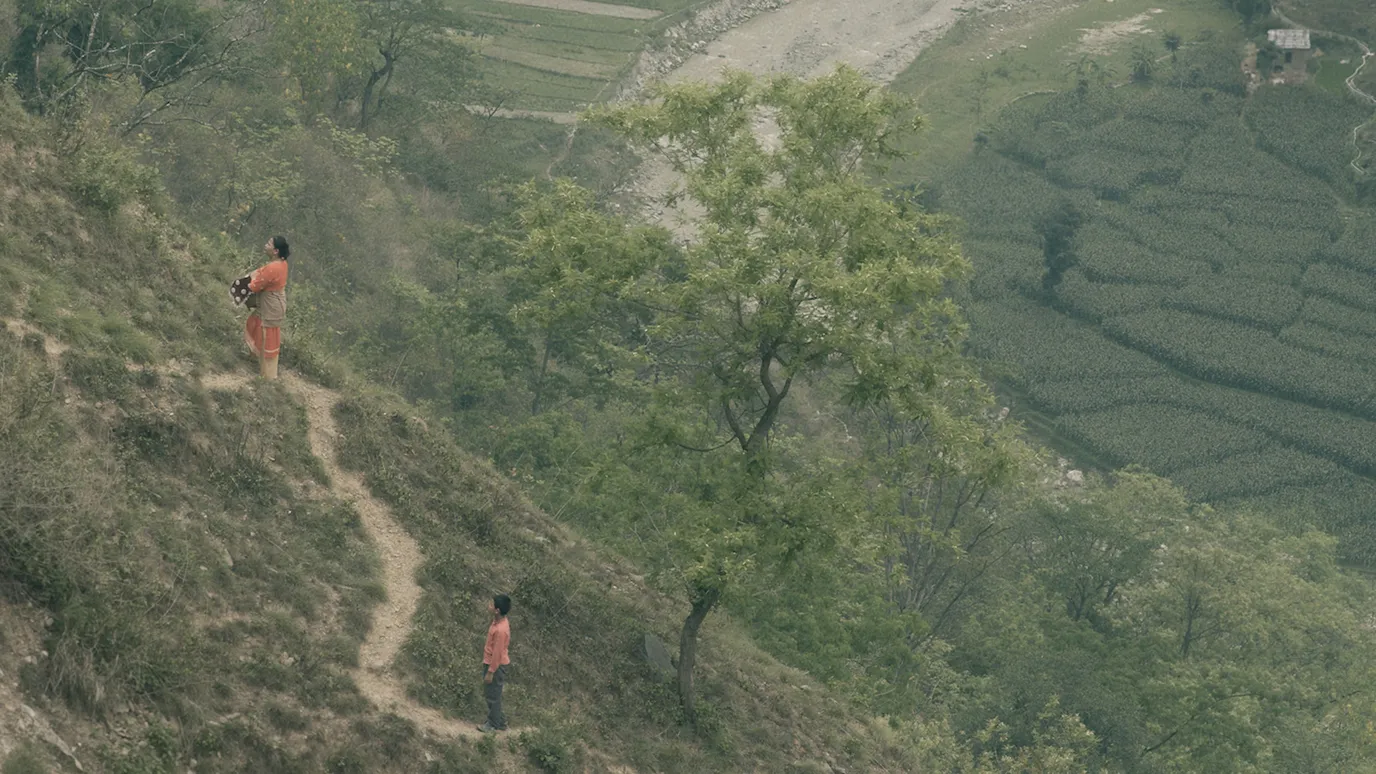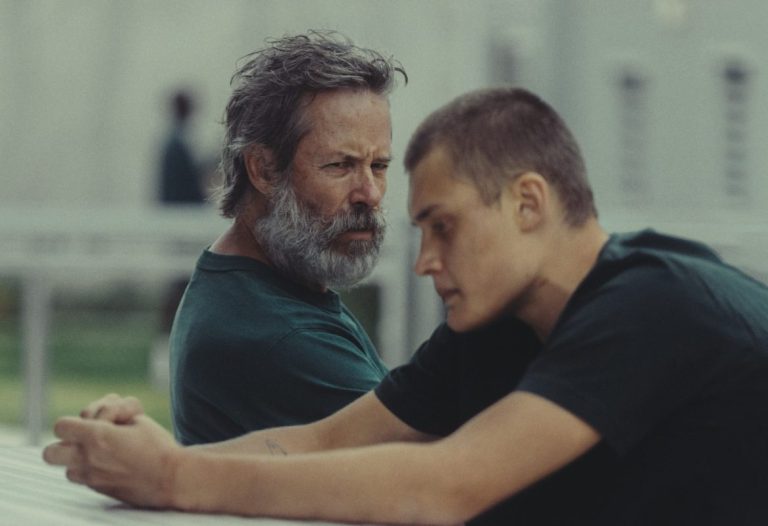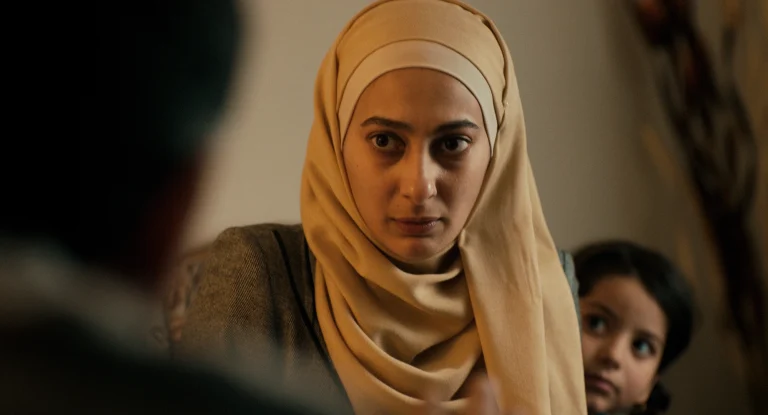In Niranjan Raj Bhetwal’s haunting short film, “The Witness Tree,” a long-repressed secret suddenly bursts out into the open. A past that has been held back intrudes upon the present. In its opening scene, set on the cusp of darkness, Sabitri (Sonica Thakuri) is searching for her teenage son, Sridhar (Aditya Ghimire). He may have discovered the real reason behind his father’s untimely death, told to him by his grandfather with whom they live.
Did he hang himself from the jackfruit tree? Who was he really? Deeply upset, Sridhar demands answers from her, which she is still unwilling to offer. At the core of the film is grief and anguish, resentment and loss spun in a yarn that speaks the language of a much-needed closure. If Sabitri thought she could shield her son from the knowledge of the devastating tragedy, she gradually realizes she is losing all sense of control over him. As he turns twelve and his coming-of-age ceremony approaches, it is a deeply loaded moment, symbolic of the internally dramatic flux in the relationship between the mother and the son. The jackfruit tree hovers in their lives with a mute, aching burden.
Bhetwal handles the quietly raging friction that threatens to slip into the mother-son bond with understatement and minimal fuss. The narrative register is muffled, the tone deliberately hushed. This artfully orchestrated restraint obviously mirrors the possibly myriad ways Sabitri has tried to cover up the truth from her son about his father’s death. But how long can she keep the secret fiercely guarded? How does its denial color and affect her equation with her son, which she desperately seeks to preserve? Does it push him farther from her or bring him closer?
Bhetwal’s screenplay gently traverses these questions, but we can sense their quaky underpinnings. The film refrains from delineating the social circumstance and its related specifics but presents us with just enough room for deduction that the characters are part of a strictly knit community where the slightest of transgression wouldn’t go unpunished or be accorded extreme duress.

There’s potential here for great drama, but Bhetwal never lets himself be swept by it. Sandeep Shrestha’s editing astutely allows us to trace a silhouette of all the underlying tension. Yet somehow, the immediacy in the telling ensures the lack of a certain remove that could have propped up. The tussle between the mother and the son is deeply felt, accomplished by the two unobtrusively compelling performances at its center.
Aditya Ghimire grounds the film with a quiet, strong churn, which is the key to the disquiet it conjures. Although he has a presence that rarely overstates itself, there’s an undeniable roiling quality to him, managing to summon silent, subtle exertions. Thakuri is also effective as a woman who might have steeled herself and reassembled her strength and spirit in the years that have passed since her husband’s death but finds herself confronted yet again with its full blow. With her son coming into the undesired knowledge, Sabitri is faced with another tough encounter with her painful past.
Then there’s Sharad Mahato’s extraordinarily evocative cinematography, buttressed by Kishore Acharya’s textured and immersive sound design, culling melancholy and whiffs of isolation from the staggering landscapes that girdle the characters. While the drama is spare, condensed, and tightly concentrated on barely three characters, the setting, in all its suggestive momentousness and grandeur, is reflective of the larger, silently unfolding sense of time, a phase of which one is attempting to avert, the other unraveling. In its intelligently calibrated and precise straddling of concealment and discovery, “The Witness Tree” reserves an air of mystery that alluringly draws us in.




![Klaus Netflix [2019] Review: A feel good holiday film](https://79468c92.delivery.rocketcdn.me/wp-content/uploads/2019/11/Klaus-Netflix-768x415.jpg)

![Thunderheart [1992] Review – A Rare Perceptive Hollywood flick on the Native Americans](https://79468c92.delivery.rocketcdn.me/wp-content/uploads/2020/12/Thunderheart-1992-768x576.jpg)

![Okja [2017]: A Remarkably Powerful Eco-Fable](https://79468c92.delivery.rocketcdn.me/wp-content/uploads/2017/07/cover-768x432.jpg)